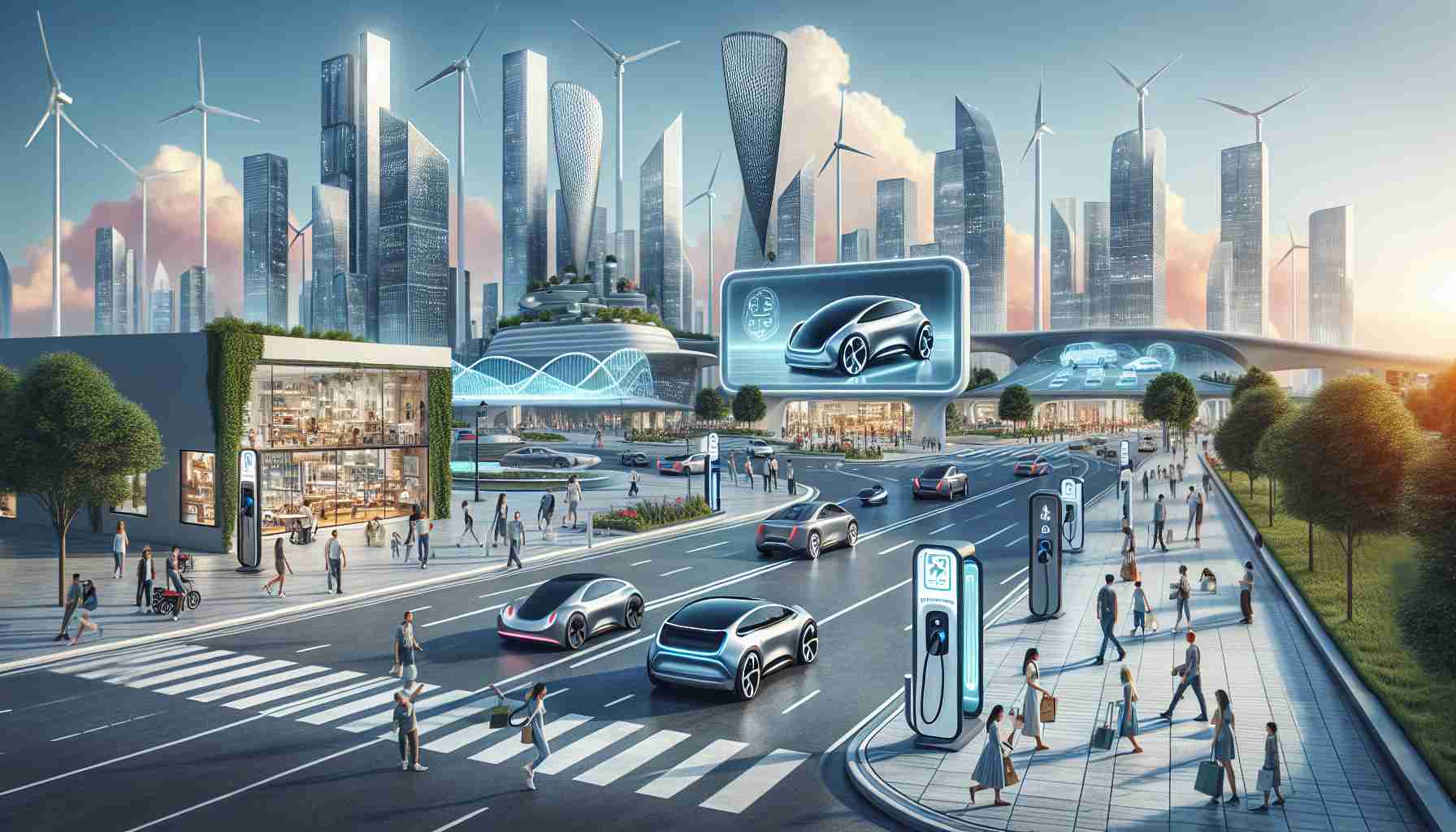Summary
The future of the electric cars market looks promising, as the demand for eco-friendly and sustainable transportation continues to grow. With advancements in technology, increasing government support, and shifting consumer preferences, electric vehicles (EVs) are expected to dominate the automotive industry in the coming years. This article explores the key factors driving the future of the electric cars market and addresses some frequently asked questions.
Introduction
The rise of electric cars can be attributed to several factors, including concerns about climate change, government regulations, and advancements in battery technology. As a result, global automakers are investing heavily in the development of electric vehicle models and supporting infrastructure. According to a report by BloombergNEF, electric vehicles are projected to account for over half of new car sales by 2040, signaling a significant shift away from traditional internal combustion engine vehicles.
Factors Driving the Future of Electric Cars Market
1. Advancements in Battery Technology: One of the main barriers to widespread adoption of electric vehicles has been battery range and cost. However, with significant advancements in battery technology, manufacturers can produce EVs with longer ranges and lower costs. This trend is expected to continue, making electric cars a more viable option for consumers.
2. Government Support and Regulations: Governments around the world are implementing policies and regulations to encourage the adoption of electric vehicles. These include subsidies, tax incentives, and setting targets for the reduction of greenhouse gas emissions. Such initiatives are expected to accelerate the growth of the electric cars market by making EVs more affordable and attractive to consumers.
3. Increasing Charging Infrastructure: The availability of a robust charging infrastructure is crucial for the widespread adoption of electric cars. Investments are being made to expand charging networks, both publicly and privately, to ensure convenient and accessible charging options for EV owners. The growth of fast-charging stations and advancements in wireless charging technology are further driving the future of electric vehicles.
4. Consumer Preferences: The growing awareness of environmental issues and the desire for sustainable transportation options are driving consumer preferences towards electric cars. As the range and capabilities of EVs continue to improve, more consumers are considering electric vehicles as their primary mode of transportation.
Frequently Asked Questions
1. Will electric cars completely replace internal combustion engine vehicles in the future?
While it is difficult to predict the exact timeline, the transition towards electric vehicles is expected to accelerate in the coming years. As battery technology improves and government regulations become more stringent, the adoption of electric cars is likely to increase, eventually leading to a significant decline in internal combustion engine vehicles.
2. Are electric cars more expensive to own and maintain compared to conventional cars?
Although electric cars may have a higher upfront cost, they generally have lower operating and maintenance costs. Electric vehicles require less frequent maintenance, as they have fewer moving parts compared to internal combustion engine vehicles. Additionally, the cost of charging an electric car is usually cheaper than refueling a gasoline-powered car. Over the long term, this can result in lower total ownership costs.
3. How far can electric cars travel on a single charge?
The range of electric cars varies depending on the make and model. However, advancements in battery technology have significantly improved the range of electric vehicles. Many modern electric cars can travel over 200 miles on a single charge, and some high-end models can even exceed 300 miles.
4. What is the environmental impact of electric cars?
Electric cars produce zero tailpipe emissions, significantly reducing air pollution and carbon dioxide emissions compared to conventional vehicles. However, the environmental impact of electric cars depends on the source of electricity generation. If the electricity used to charge EVs is generated from renewable sources, the overall environmental impact can be further minimized.
Sources:
– BloombergNEF: https://about.bnef.com/electric-vehicle-outlook/
– International Energy Agency: https://www.iea.org/topics/electric-vehicles
Note: The above sources can provide more in-depth information and analysis on the future of the electric cars market.
The source of the article is from the blog dk1250.com
